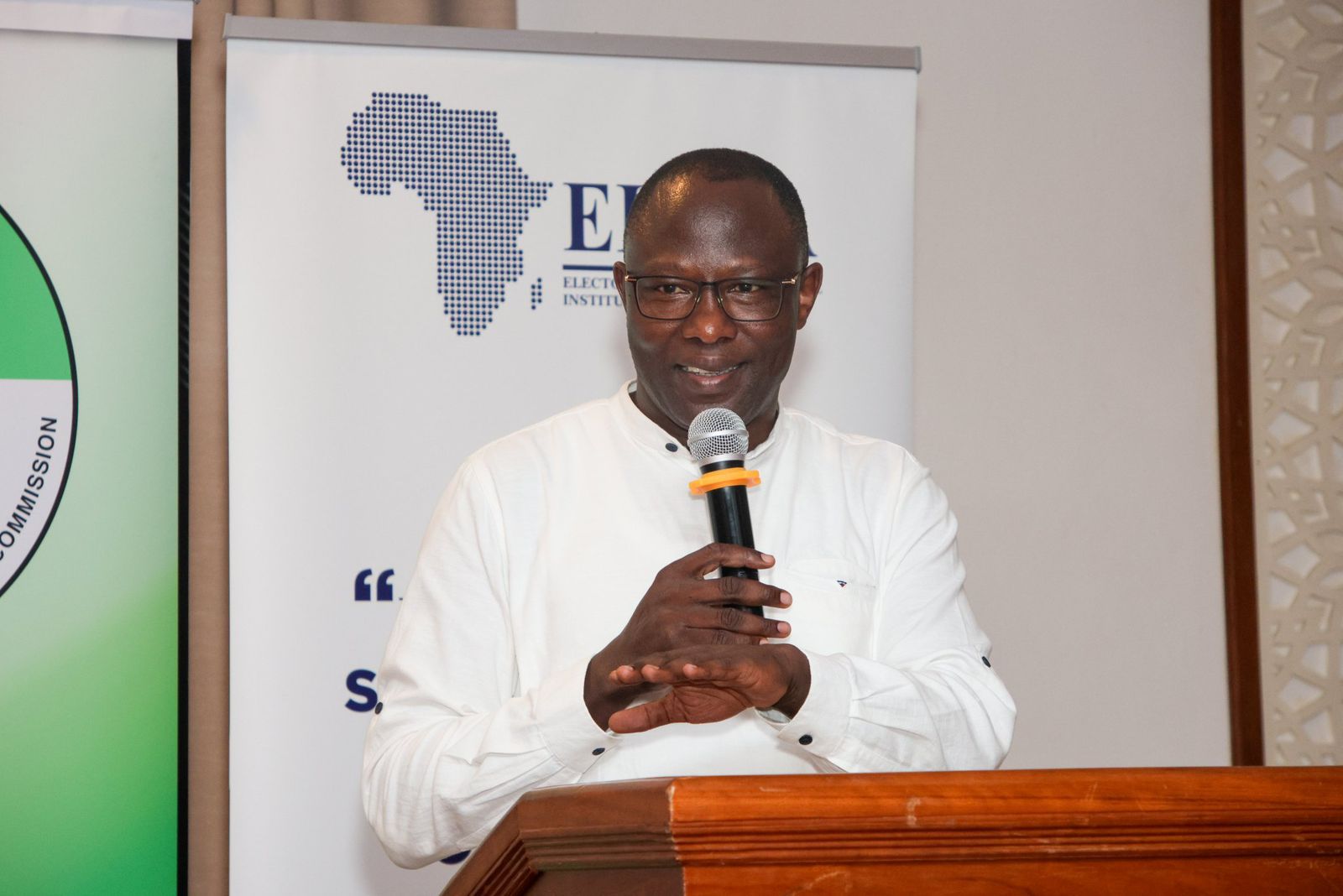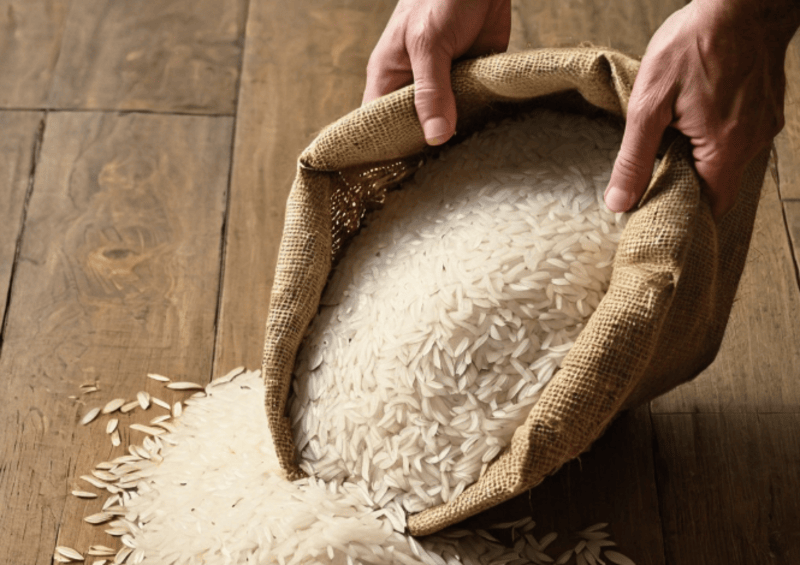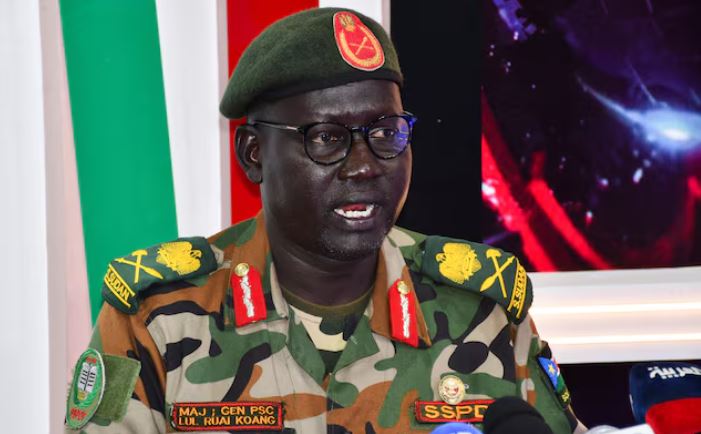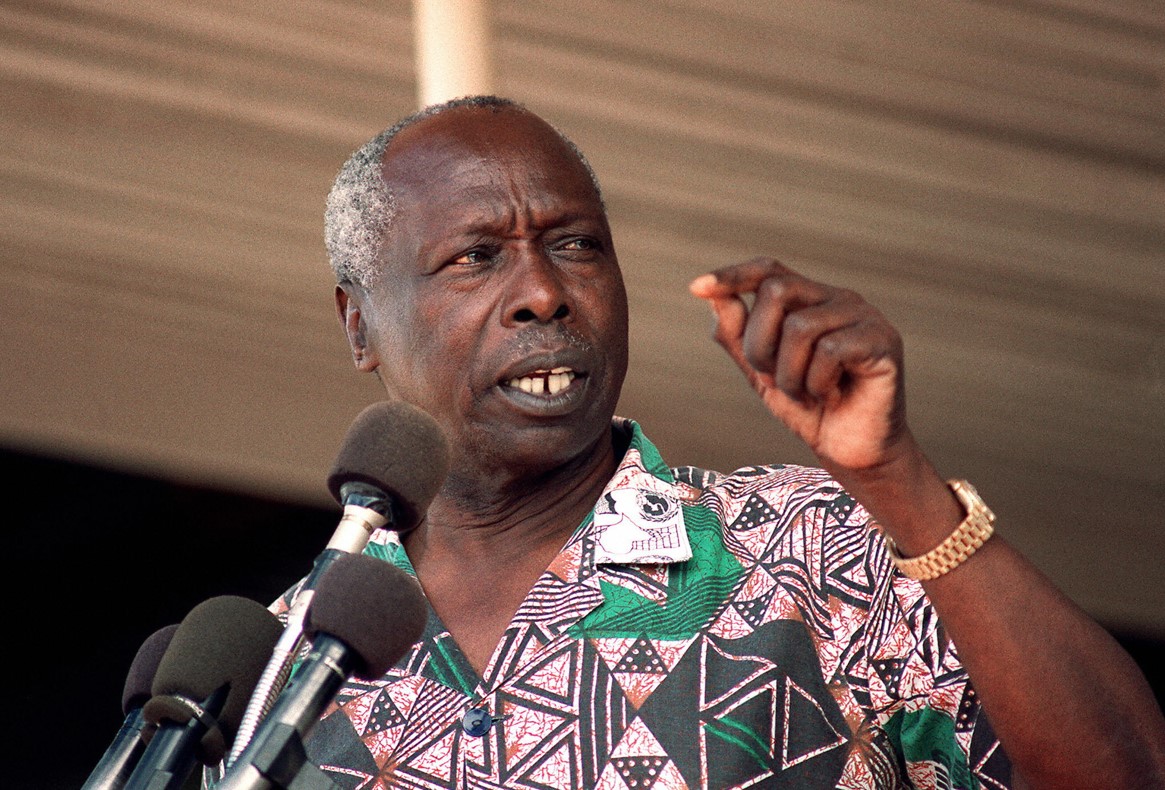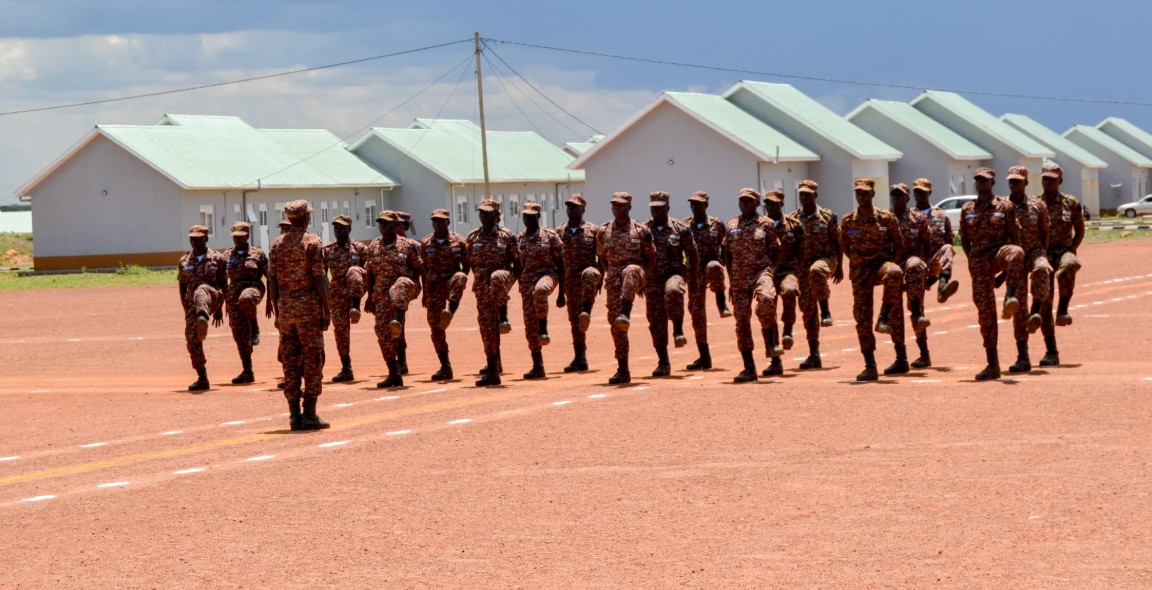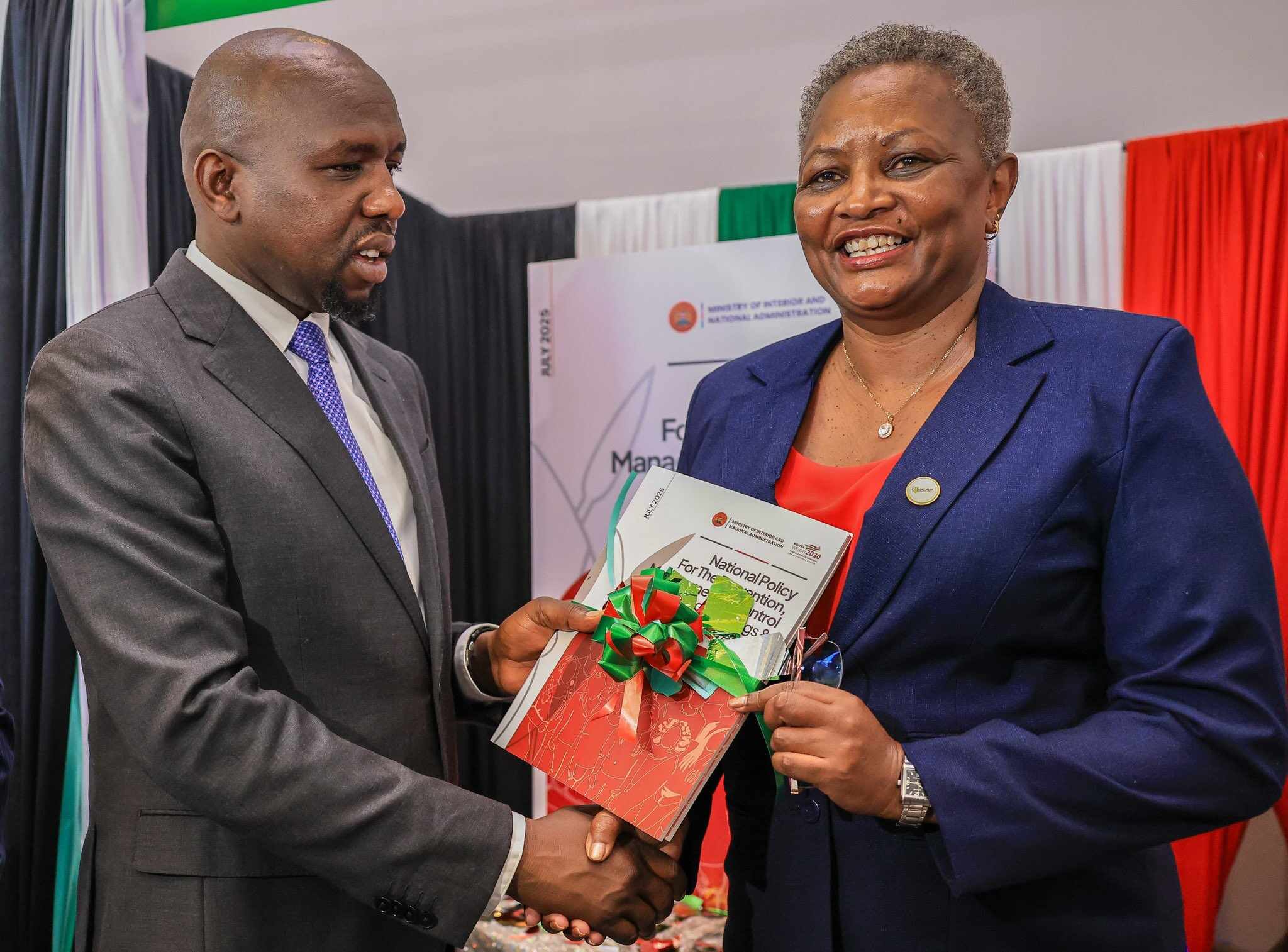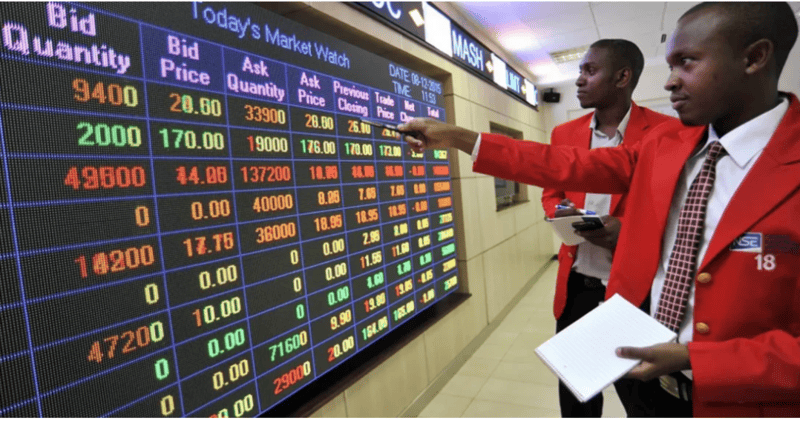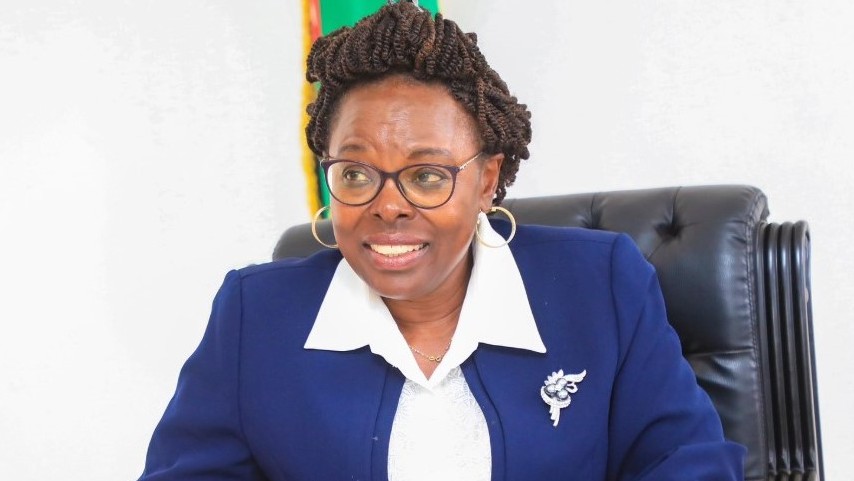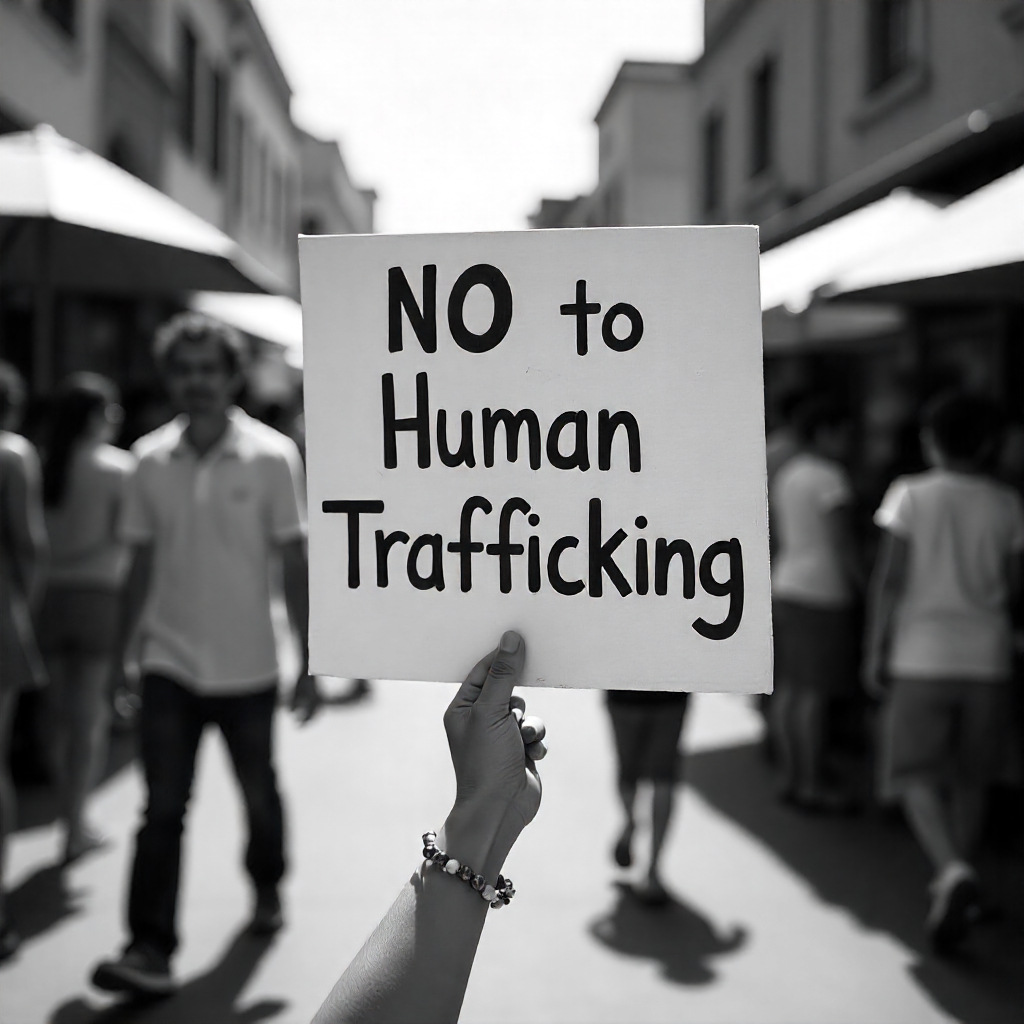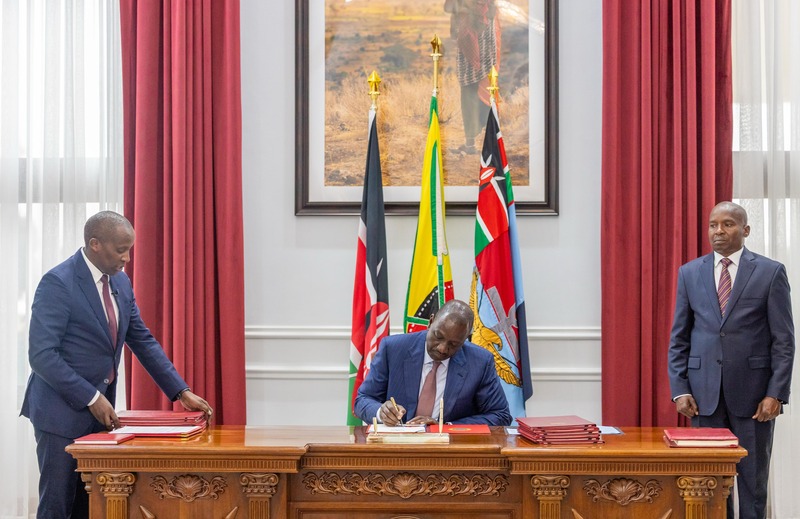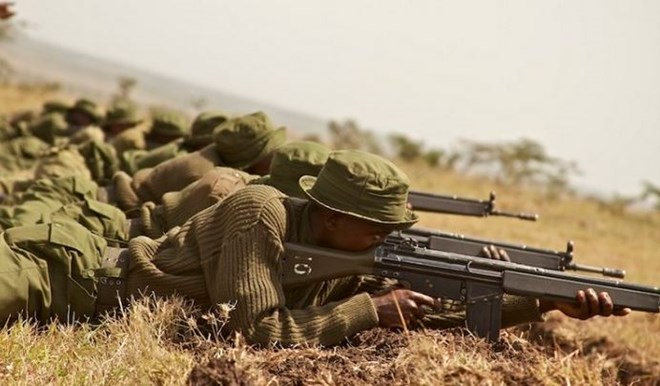Journalists urge police and protesters to respect press freedom during June 25 protests
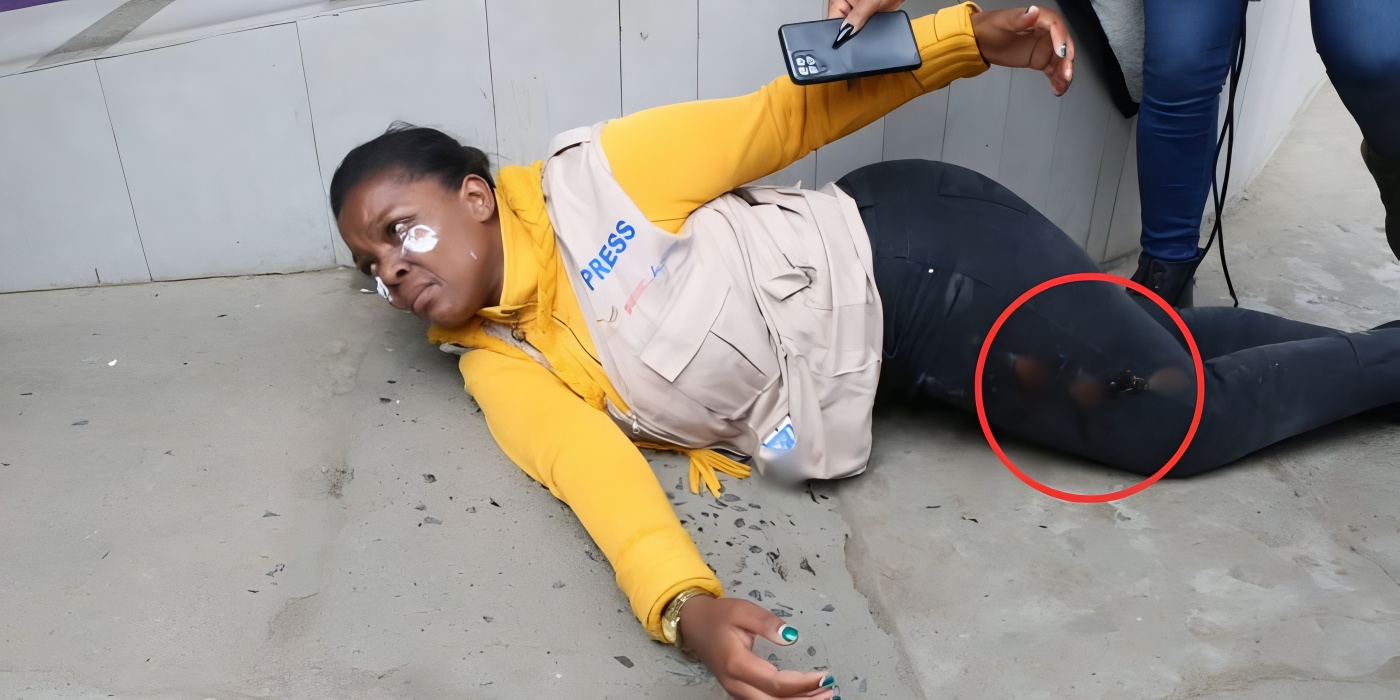
The MCK cautioned both police and protesters against targeting journalists, stressing that they play a vital role in informing the public and must be allowed to work freely and without fear.
Journalists have urged police officers and protesters to uphold press freedom and guarantee their safety during Wednesday’s Gen Z protest anniversary, warning that media professionals must not be treated as targets while covering the nationwide demonstrations.
In a statement on Tuesday, the Media Council of Kenya (MCK) cautioned both police and demonstrators against targeting, noting that they play a critical role in informing the public and must be allowed to operate without fear or interference.
More To Read
- LSK faults IPOA over inaction, urges tougher oversight, compensation for police brutality victims
- Two police constables sentenced to 35 years for torturing, killing suspect in 2020
- Police Constable Klinzy Baraza charged with murder of mask vendor Boniface Kariuki during June 25 protests
- CS Murkomen defends police conduct during protests, urges IPOA to hold off judgement
- Journalists urged to let children speak on issues affecting them
- IPOA report blames police for deaths, injuries and failures in June-July protests
“We advise journalists to exercise caution while covering the protests and to prioritise their safety, while urging security forces and protesters not to target journalists, as they are merely messengers,” MCK CEO David Omwoyo said.
The warning comes amid growing criticism of police for targeting journalists during protest coverage.
Volence against media
During last year’s protests, Kenyan journalists held nationwide demonstrations denouncing the growing police violence against media personnel reporting on anti-government protests.
Journalists marched through the Nairobi central business district (CBD) before converging outside the National Centre, holding placards and chanting slogans demanding justice and protection.
Similar scenes unfolded in other major towns and cities across the country, with media workers rallying for safety and respect for press freedom.
The protests followed several violent incidents involving journalists, including the shooting of Catherine Wanjeri Kariuki, who was injured by police bullets in the leg while covering demonstrations in Nakuru.
Ethical reporting
As the country prepares to mark the first anniversary of the June 25 Gen Z protests, MCK has renewed its call for ethical reporting and the protection of media professionals.
“The council advises journalists covering the anniversary of the 25 June Gen Z protests to remain professional and responsible, ensuring their reporting minimises harm,” Omwoyo said.
He urged journalists to follow the ‘do not harm’ principle by treating all subjects, colleagues, and audiences with dignity and respect, particularly when covering sensitive or emotionally charged issues.
“Journalists and media practitioners have a professional responsibility to frame public interest issues appropriately,” the MCK said, while reiterating respect for editorial independence and professional judgement of media managers and editors.
“We also remind the media not to frame the protests in a manner that glorifies violence, traumatises the nation or intrudes into grief,” Omwoyo said.
The MCK pointed to the section of the Code of Conduct on Accuracy and Fairness, which mandates that all subjects of news coverage be treated with respect and dignity.
“We urge the police and protesters to respect the right of the media to cover the demonstrations without threats, harm or obstruction,” the Council noted.
Top Stories Today

